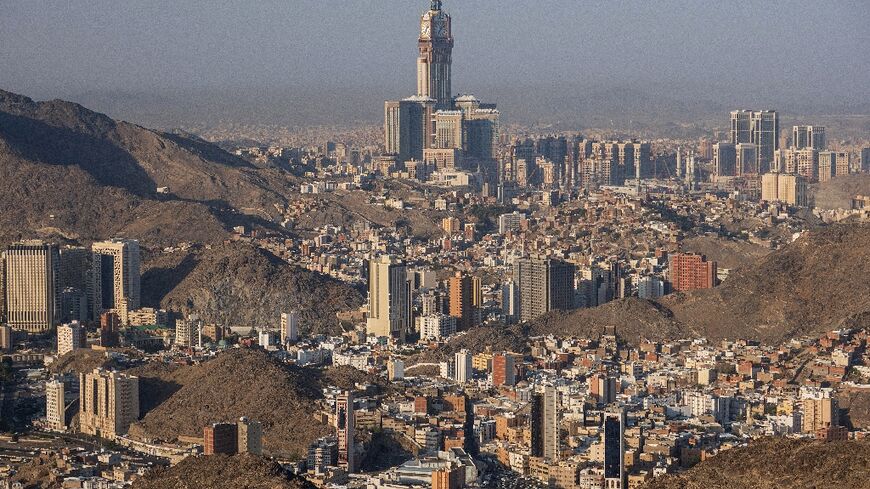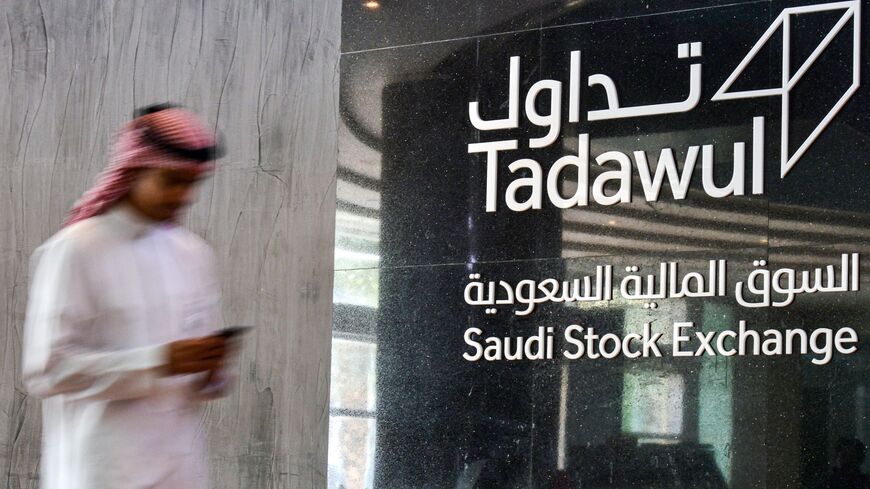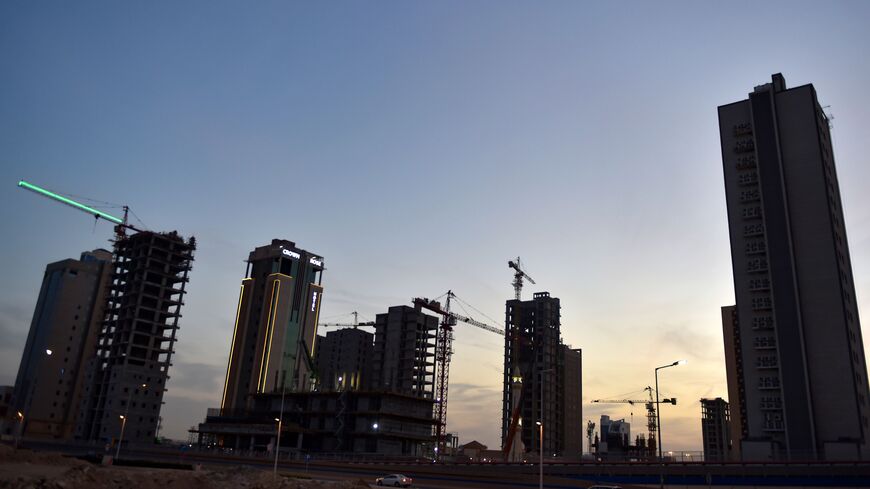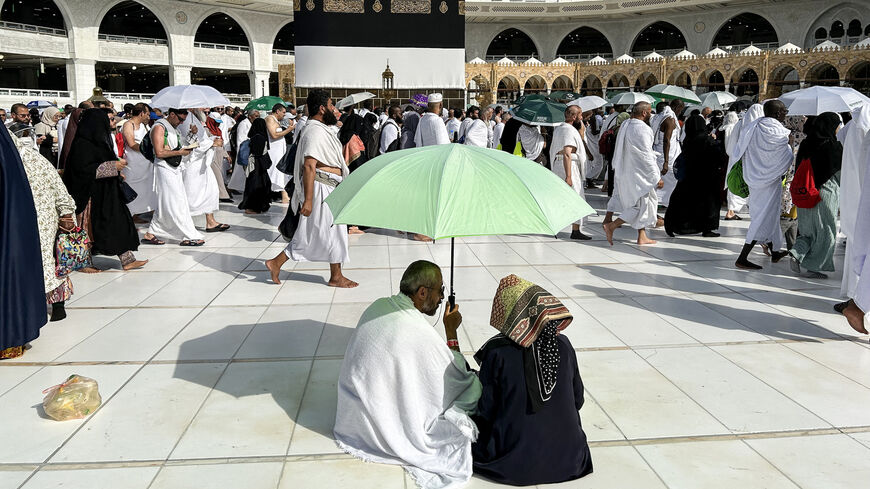Saudi Arabia eases foreign investment laws for Mecca, Medina real estate
Foreign investors will have access to limited shares of companies listed on the Saudi capital market, convertible debt instruments or both, the Saudi Capital Markets Authority said in a statement.
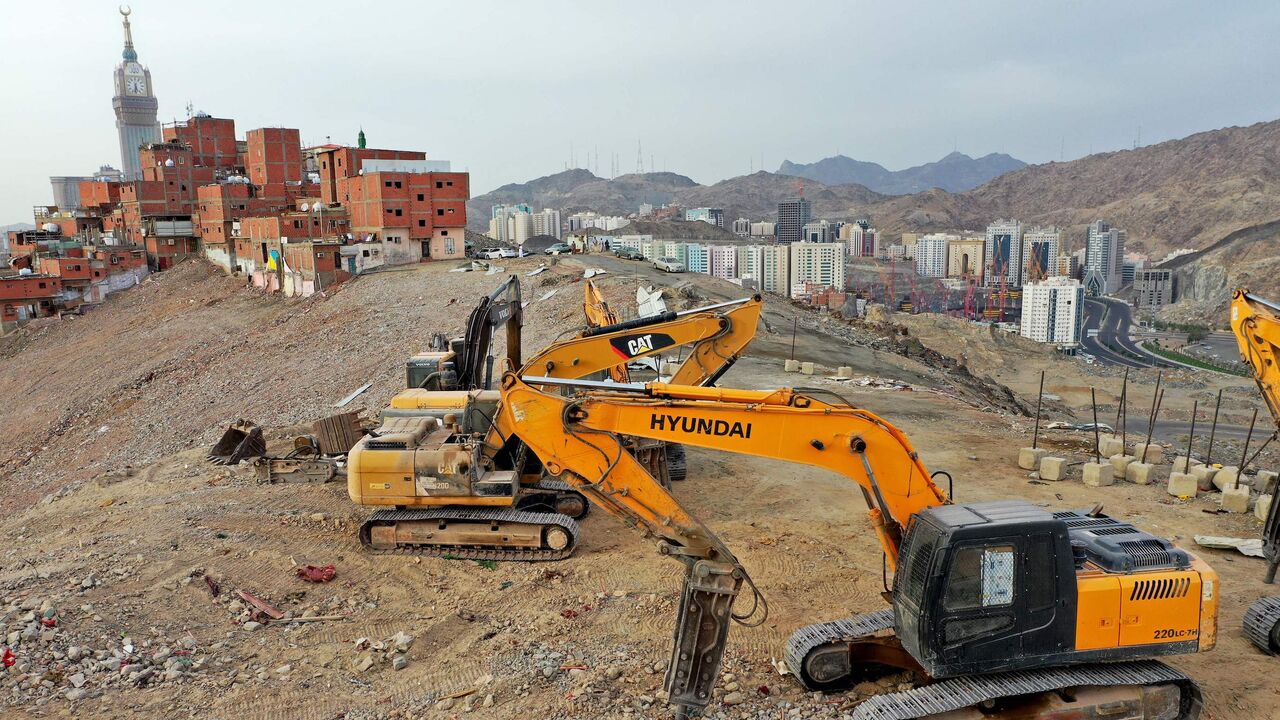
Saudi Arabia’s capital market watchdog said Monday it would allow foreign investment in listed Saudi firms that own real estate within Islam’s two holiest cities of Mecca and Medina as the Gulf country continues to diversify its economy to meet its Vision 2030 targets.
The move is a major step as historically, non-Muslims are not allowed to own property in either city.
Foreign investors are now able to buy up to 49% of the shares of companies listed on the Saudi capital market, convertible debt instruments or both, the Saudi Capital Markets Authority said in a statement.
The decision, effective immediately, will allow foreign individuals and companies to invest in real estate firms whose revenues are generated from the Islamic pilgrimages of Hajj and Umrah, some of Saudi Arabia’s main revenue sources. The kingdom aims to welcome some 30 million pilgrims for Hajj and the year-round pilgrimage Umrah annually by 2030. Saudi Arabia makes an estimated $12 billion yearly from the two pilgrimages, according to official data.
The CMA said the move would “stimulate investment, enhance the attractiveness and efficiency of the capital market and strengthen its regional and international competitiveness while supporting the local economy.”
#Announcement | To Stimulate Investment and Support the National Economy, the Capital Market Authority Announces:
— Capital Market Authority (@SaudiCMA_En) January 27, 2025
Allowing Foreign Investment in Real Estate Listed Companies Operating in Makkah and Madinahhttps://t.co/urf8chippA pic.twitter.com/pP4kNkmfr9
The CMA also said the decision would help provide liquidity for current and future projects in Mecca and Medina.
The CMA has been on a drive to ease foreign investment to diversify the kingdom's economy. In 2021, the authority allowed non-Saudis to join real estate funds investing in Mecca and Medina to diversify capital markets in Saudi Arabia and help the kingdom meet Vision 2030, its sweeping agenda for the country to wean itself off economic dependence on oil by investing in other sectors such as clean energy, digitalization, sports, technology and tourism.

